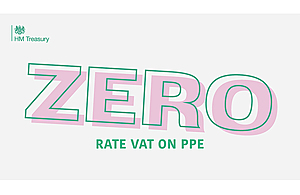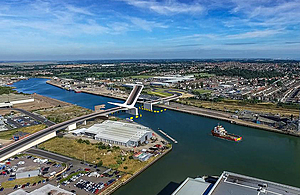GAD’s clients share their views of our service
News story
Clients have responded positively to the work and projects undertaken by the Government Actuary’s Department (GAD).

Client survey findings out now
Clients have responded positively to the work and projects undertaken by the Government Actuary’s Department (GAD). The findings are set out in the newly published annual client feedback survey 2019 to 2020.
GAD’s role is to meet the UK public sector’s needs for actuarial advice, supporting effective decision-making and robust financial reporting.
Survey results
GAD received survey responses from 61 of our clients. We asked how we rated for being highly valued and 85% of respondents gave us a score of at least 8 out of 10. Respondents provided further feedback on all aspects of our service and our wider engagement.
A sample of comments from survey recipients refer to GAD as ‘interesting’, ‘innovative’ and ‘considered’.
Recent changes
We have invested in our technology to continue meeting evolving client needs and to modernise the way we work.
Over the past year we have:
- improved efficiency, consistency and quality assurance by transferring calculation processes to our central actuarial services team
- embraced new technology for data visualisation to help us communicate insights in a more engaging and interactive way
- updated our communications approach including creating and posting on our new blog site Actuaries in government
Looking ahead
The Government Actuary Martin Clarke said: “These results show we are well received by clients who responded. The survey also reflects the hard work and commitment of colleagues who continue to work closely with clients and to develop effective and engaging ways of delivering work and projects.”
The survey results and pointers for improvements mean we’ll continue to focus on delivering high-quality actuarial expertise to our clients, providing them value for money.
Published 30 April 2020


